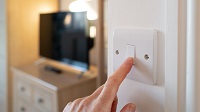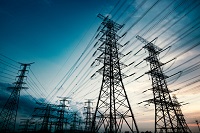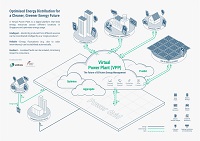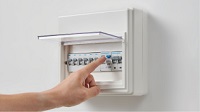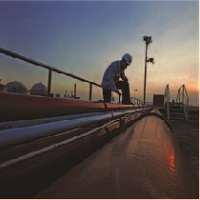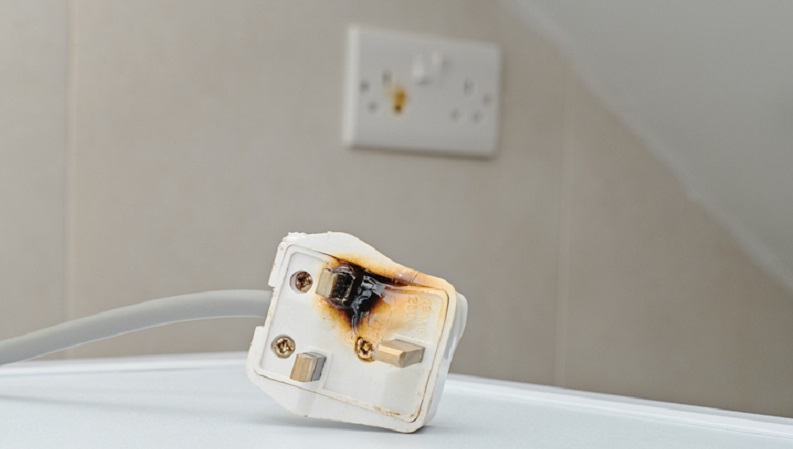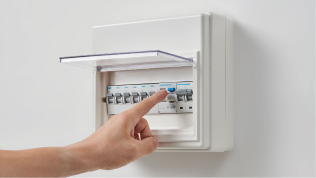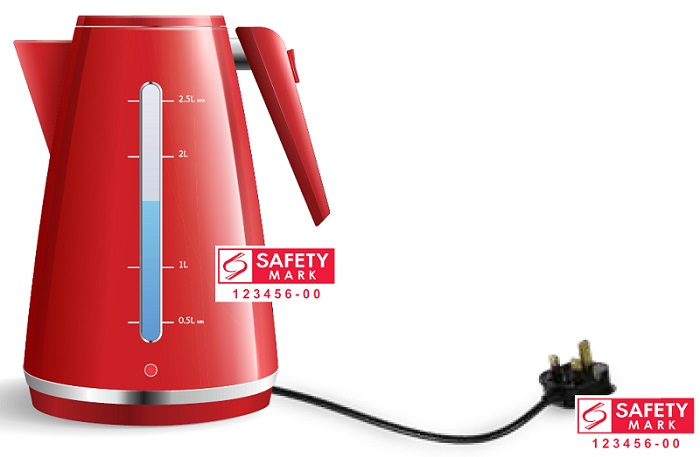For Gowri Kunasegaran, an administrative executive with EMA’s Inspectorate Department for over 20 years, one of the common questions she gets from members of the public is: “My newly renovated flat has already been inspected, so why are there still frequent power trips?”
She explained, “Often, if the caller has engaged a Licensed Electrical Worker (LEW) to install the electrical wiring, the fault may lie with a faulty appliance. In such cases, I’ll try to help them narrow down the possible cause.”
However, not all issues can be resolved over the phone or via email. In cases where specific advice is needed for the electrical installation, consumers will be advised to engage an LEW to address the issue on site.


